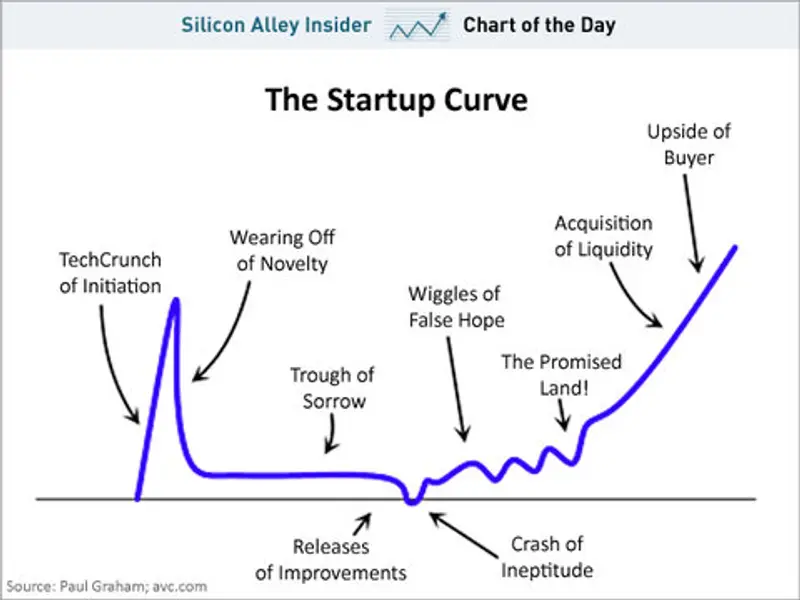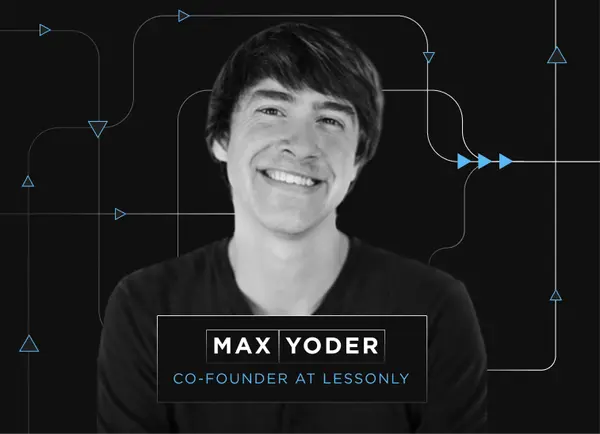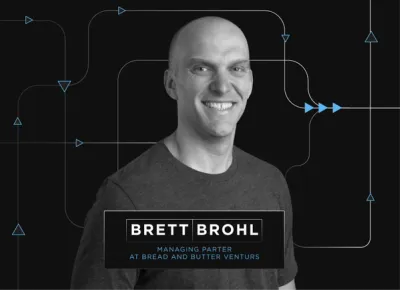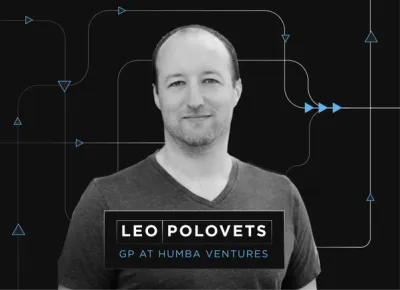
It’s no secret that startups are hard. Over the course of building a company it is inevitable that some quarters/months/years will not go as planned. The period of doubt that follows a down month can be a major setback for a startup. Paul Graham calls it “the trough of sorrow“. Ben Horowitz calls it “the struggle“. The good news; just about every founder has been in the same position and there are steps that can be taken to recover from a down period and carry on.

Take a Step Back
While it is easy to panic and make drastic changes after a down period it is vital that you take a step back and evaluate the issue. Jason Lemkin suggests starting by asking if it was a “hard miss” or a “soft miss”. A soft miss can still grow the business but you may have missed a stretch goal (e.g. Revenue grew by 25%, goal was 35%). A hard miss “is a sign something is amiss” (e.g. adding $500k in Q1 but only adding $200k in Q2).
Lemkin suggests making small changes after a soft miss; rally the team, make small improvements, etc. Acknowledge you’ve missed your goal but ultimately you are still growing the business. When sharing the miss with your investors, be sure to be delicate when sharing the info. While it may have felt like a miss internally growing the business X% is still impressive.
Get In Front of The Issue
A “hard miss” sucks but it is not the end of the world. Get analytical, get into the weeds, identify the issue and come up with a plan to move forward. You have employees, customers, investors, etc. leaning on you so it is important to keep an even keel and create a plan everyone can rally behind to keep the company moving in the right direction.
Most importantly, reach out for help if there are issues you can’t handle yourself. Don’t be afraid to share the details with your investors. The worst thing you can do is hide and fail to keep your key stakeholders in the mix. From your investors perspective, it is expected that you will have down periods and are there to help you through “the struggle”.
Focus and Execute
You’ve discovered the issue, you’ve got a game plan, everyone is aware and ready to move forward. Now what? The past quarter is in the books and it is time to focus on what lies ahead. As Ben Horowitz puts it you need to “focus on the road ahead“;
“When they teach you how to drive a racecar, they tell you to focus on the road when you go around a turn. They tell you that because if you focus on the wall, then you will drive straight into the wall. If you focus on how you might fail, then you will fail. Even if you only have one bullet left in the gun and you have to hit the target, focus on the target. You might not hit it, but you definitely won’t hit if you focus on other things.”
Stayed focused on bouncing back and make it a point for your key stakeholders. If revenue is down, chances are you are closer to your zero cash date and need to make sure this is accounted for. It is likely that you will need to re-forecast your cash and financial projections for the year as well. Share the new projections and make everyone aware of where the business stands after your miss. Over communicate if you have to. Make sure you do everything in your power to avoid back-to-back misses.




